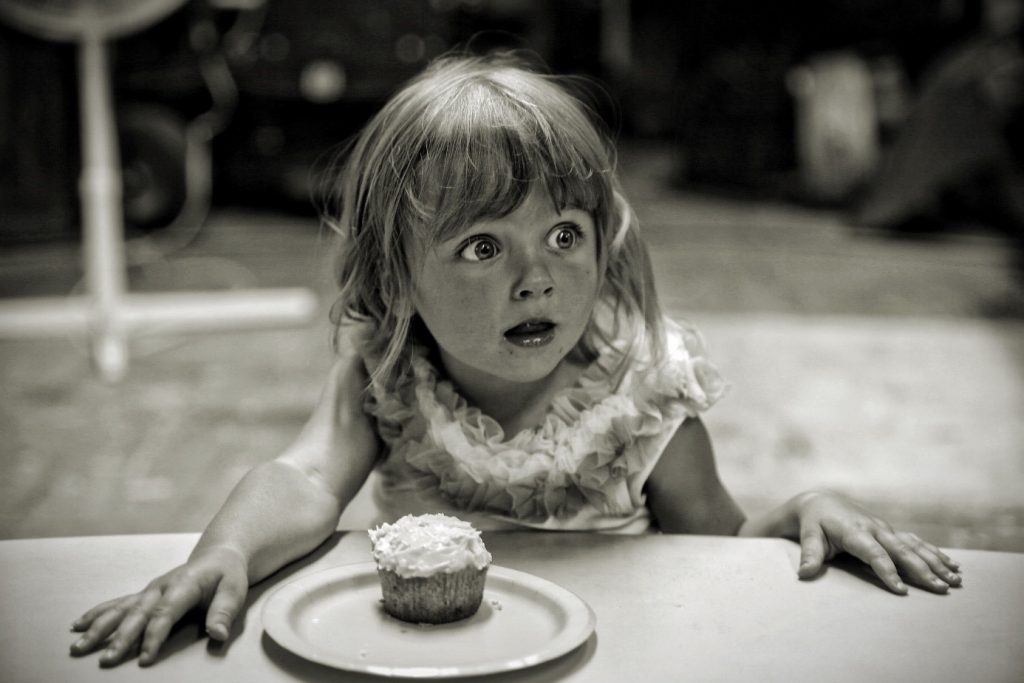This post is also available in Dutch .
Being surprised feels amazing
Surprise is the feeling that arises when something that we don’t expect occurs. A surprise can be both good or bad, depending on what our expectations are. When a surprise meets or even surpasses our expectations, that’s when we are the happiest. Apparently, the pleasure in receiving a reward gets enhanced when people don’t expect it. It appears that brain areas involved in reward processing are more activated when the reward is unpredictable. This isn’t very surprising if we think about it. Every surprise, good or bad, always conveys more intense emotions than if it was expected.
It can feel bad, too
Nevertheless, as the main property of a surprise is that we can’t predict its outcome, there’s always an associated risk of ending up with a surprise that doesn’t reach our expectations. That’s when we get strongly disappointed because auntie Barbara offered us the wrong scarf. Once again, because the surprise effect has the power to intensify emotions, we might be very disappointed.
Routinely surprised
The surprise effect is something way more general than receiving gifts. Indeed, we build our own expectations about everything we already experienced in the past. We imagine what the coffee is going to taste like, and if different we tend to be surprised. We expect the neighbours to say “Hi!” when we meet them; if not we might seek a rational explanation to this: are they mad at us because we were listening to loud music last night? In this sense, we can think of surprise as part of our daily life, whenever something doesn’t turn out exactly as we had imagined.
Keeping control
However, in some contexts, we don’t want to show how surprised we are. Interestingly, researchers have investigated what’s happening in the brain when trying to temper strong emotions induced by a surprise. A total of twenty-two subjects were asked to inhibit their surprise as much as possible when viewing a facial expression of surprise. It appears that, when people were consciously controlling their emotion, the response to surprise reflected in their brain was hence reduced.
“Oh, Oh, Oh!”
So weird right? On the one hand, we cannot expect the unexpected, and on the other hand, we seem ready to be in control of the potential emotions a surprise might induce.
But don’t take my word for it: with Christmas around the corner, here are some suggestions of Christmas surprises as inspiration.
Photo by Nathan Bingle on Unsplash
Author: Kim Beneyton
Buddy: Christina Isakoglou
Editor: Monica Wagner
Translator: Wessel Hieselaar
Editor Translation: Felix Klaassen
